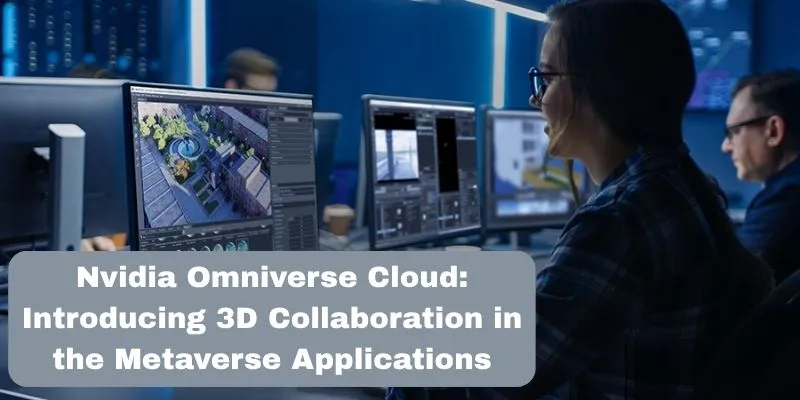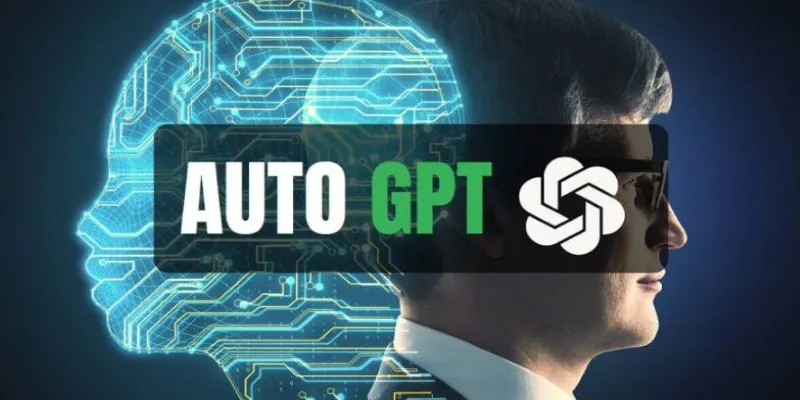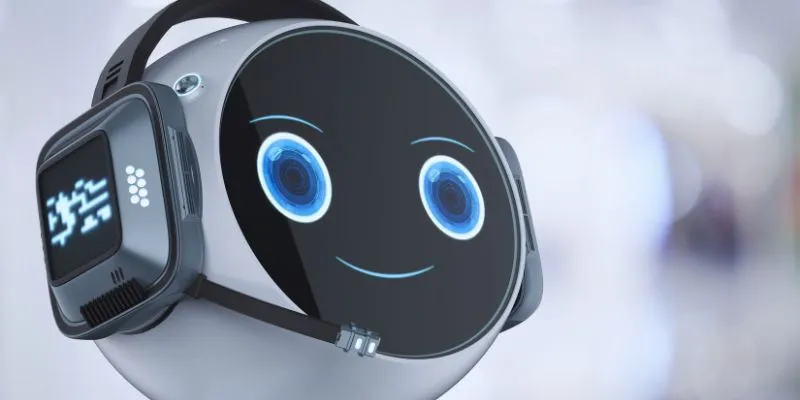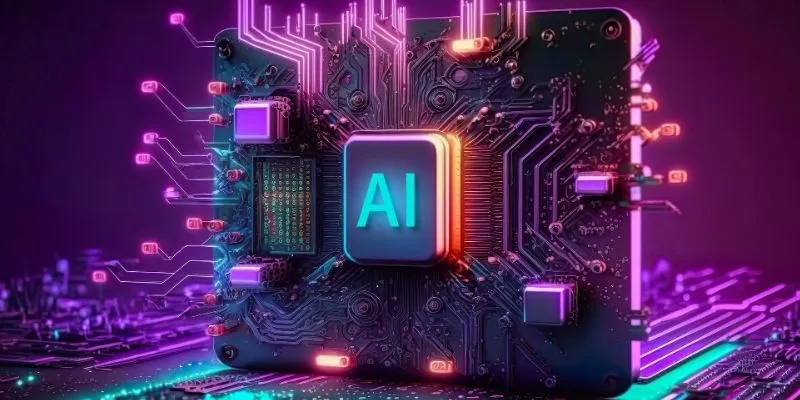At GTC 2025, Nvidia didn’t just talk about the future—it brought it to Boston. The company announced the launch of its Boston Quantum Research Center, a dedicated facility aiming to bring quantum computing closer to practical use. While Nvidia’s core identity has always revolved around graphics and AI acceleration, this move into quantum signals something deeper: a recognition that the next performance leap won’t come from conventional scaling alone.
This new center isn’t just a lab with chalkboards and simulations; it’s also a hub for collaboration and innovation. It is a calculated investment into real quantum hardware research, quantum-AI integration, and partnerships with academic institutions. The Boston location was not a random choice. With its proximity to institutions like MIT and Harvard, the area has long been a hub for deep tech and theoretical breakthroughs. Nvidia appears poised to tap into that talent pool, backing it with GPU and quantum hybrid systems that could eventually make quantum-enhanced AI more than just a conference buzzword.
From GPUs to Qubits: What Nvidia Is Building
Nvidia’s entry into quantum isn’t impulsive. Over the past few years, it has been quietly developing tools like cuQuantum, a high-performance SDK for simulating quantum circuits on GPUs. But simulation alone has clear limitations. What the Boston Quantum Research Center brings to the table is hardware experimentation and the development of physical systems. Nvidia hinted that the facility will explore superconducting qubits and trapped ions—two of the most promising but technically tricky approaches in the current quantum landscape.

One part of the research will focus on hybrid architectures. These involve using classical Nvidia GPUs to handle parts of a workload while offloading certain quantum-specific tasks to a qubit processor. This approach may sidestep one of quantum computing’s biggest hurdles: quantum error correction. By keeping the quantum part small and specialized, Nvidia hopes to create something usable before the world reaches full fault-tolerant quantum computing.
The company also plans to develop middleware that enables AI models to selectively invoke quantum subroutines. This could open the door to machine learning systems that utilize quantum algorithms for optimization problems, such as protein folding or supply chain simulations. Nvidia’s CEO, Jensen Huang, made it clear that this isn’t about hype—it’s about real use cases within the next five to ten years.
AI Meets Quantum in the Real World
Nvidia is positioning its Boston Quantum Research Center as more than a siloed R&D lab. The plan is to make it a testbed for integration, where quantum research directly plugs into AI workflows. Think of it as a sandbox for building next-gen neural networks that lean on quantum algorithms for very specific sub-tasks.
A good example is drug discovery. Traditional neural networks can predict protein structures or chemical reactions, but they hit walls when dealing with quantum-level behaviors. Quantum processors can model those interactions more naturally. Nvidia aims to integrate its existing AI infrastructure—particularly its work on platforms like Clara for healthcare—with quantum capabilities to accelerate real-world outcomes. This blend could also benefit climate simulations, financial risk models, and logistics planning.
GTC 2025 sessions dedicated to the Boston initiative weren’t just technical showcases—they included demos with pharmaceutical firms, weather prediction startups, and even automotive companies looking at better battery materials. Nvidia is showing that AI doesn’t have to wait for full-scale quantum supremacy. Instead, it can evolve through hybrid models starting now.
Why Boston, and Why Now?
Choosing Boston was strategic. The city hosts numerous top-tier universities, national laboratories, and startups already exploring quantum computing. Nvidia is likely aiming to benefit from close access to fresh research, fast collaboration, and a steady stream of quantum scientists. The talent density shortens ramp-up time and strengthens partnerships, especially with academic groups already testing quantum devices in real-world scenarios.

It’s also a city where public-private partnerships thrive. That matters because quantum computing still requires long-term bets, and Nvidia isn’t building this alone. Several sessions at GTC hinted at funding agreements with both public agencies and private firms that want to be involved in early-stage quantum-AI projects. The Boston Quantum Research Center is likely to serve as a coordinating hub for these collaborations.
The timing is also practical. Quantum computing is inching out of the lab but still needs massive classical compute support—exactly what Nvidia excels at. By getting in early, Nvidia can shape the standards, frameworks, and protocols that will define hybrid AI-quantum systems. It’s not just building a research center—it’s putting a stake in the ground to define what quantum-enhanced AI should actually look like when deployed.
A Research Path That Feels Inevitable
The establishment of Nvidia’s Boston Quantum Research Center isn’t a flashy moonshot. It’s a logical extension of what the company has always done—push performance through hardware, software, and developer ecosystems. Only now is it applying that formula to a much harder problem.
GTC 2025 made it clear that Nvidia sees quantum computing not as a distant frontier, but as a co-processor model that can coexist with its existing GPU empire. It won’t happen overnight. But this center is where Nvidia will start to build, test, and train the tools that let AI and quantum computing work side by side. While others talk about quantum futures in abstract terms, Nvidia is opening doors, hiring physicists, and building rooms full of cold atoms and superconducting chips.
The main keyword, Nvidia Boston Quantum Research Center, doesn’t just describe a place. It marks a shift in how Nvidia sees itself: not just an AI company, but one that’s preparing for the next era of compute, where algorithms might soon call both floating point units and qubits in the same breath. And this time, it starts with a lab in Boston.
Conclusion
Nvidia’s Boston Quantum Research Center signals a clear step toward practical quantum-AI integration. By combining its GPU expertise with cutting-edge quantum research and Boston’s academic ecosystem, Nvidia is positioning itself at the forefront of hybrid computing. This initiative reflects a deliberate strategy to develop usable quantum-enhanced AI within the next decade, turning ambitious concepts into tangible progress. The center embodies Nvidia’s commitment to shaping the future of computation beyond traditional architectures.
 zfn9
zfn9






















